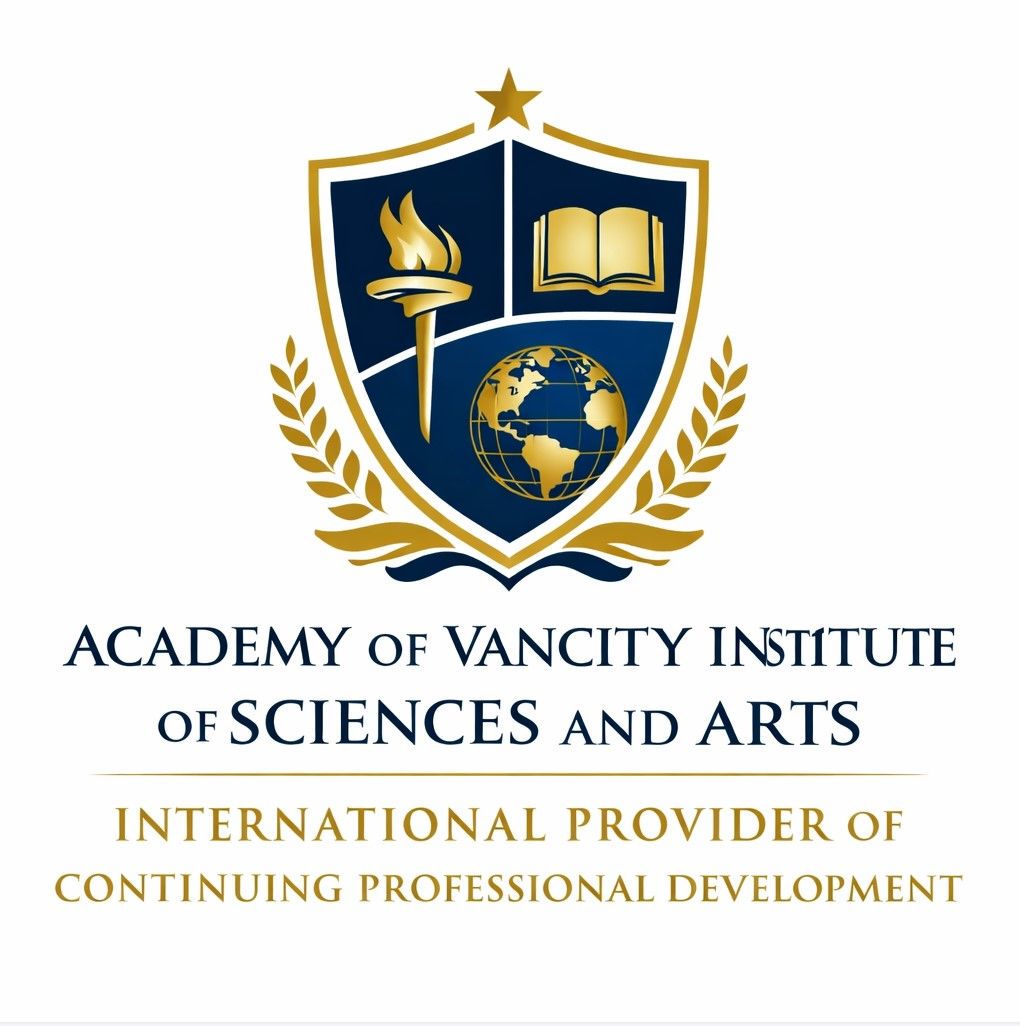Lesson series
Sense of Humor
Part 1, Theory (200 credits)
Course Description: The Sense of Humor course is designed to help primary students understand the benefits of humor and develop their creativity and imagination. Through this course, students will learn about different types of humor and how to express appropriate humor. The course will also cover the importance of storytelling and improv exercises in developing a sense of humor.
Course Goals:
Develop a deeper understanding of humor and its benefits
Build creativity and imagination through humor
Understand the importance of appropriate humor
Practice humor through storytelling, joke-telling, and improv exercises
Course Structure: The Sense of Humor course is divided into modules that focus on specific aspects of humor, including identifying different types of humor, understanding the importance of appropriate humor, developing creativity and imagination through humor, and practicing humor through storytelling, joke-telling, and improv exercises. Each module includes practical activities, discussions, and reflection exercises that will help students develop their sense of humor.
Module 1: Introduction to Sense of Humor
Definition of sense of humor and its benefits
Identifying different types of humor and how they affect others
Understanding the importance of appropriate humor
Module 2: Developing Creativity and Imagination
Developing creativity and imagination through humor
Understanding the role of humor in creative thinking
Practicing humor through storytelling and joke-telling exercises
Module 3: Improv Exercises and Role-Playing
Understanding the basics of improv and role-playing
Practicing humor through improv exercises
Identifying personal strengths and areas for growth
Evaluation and Assessment: The Sense of Humor course will use a range of assessment methods, including observation, self-assessment, and formative and summative assessments. Teachers and instructors will evaluate students based on their participation in class activities, written assignments, projects, and reflection exercises. The curriculum will also provide opportunities for peer feedback and evaluation to foster a sense of collaboration and accountability. Students will receive regular feedback on their progress and be encouraged to reflect on their learning and personal growth.
Part 2, Self Evaluation + Peer Evaluation (800 credits)
for 8 times, 6 hours/time coaching on the first Saturdays of each month plus self + peer evaluation during the 8 months

